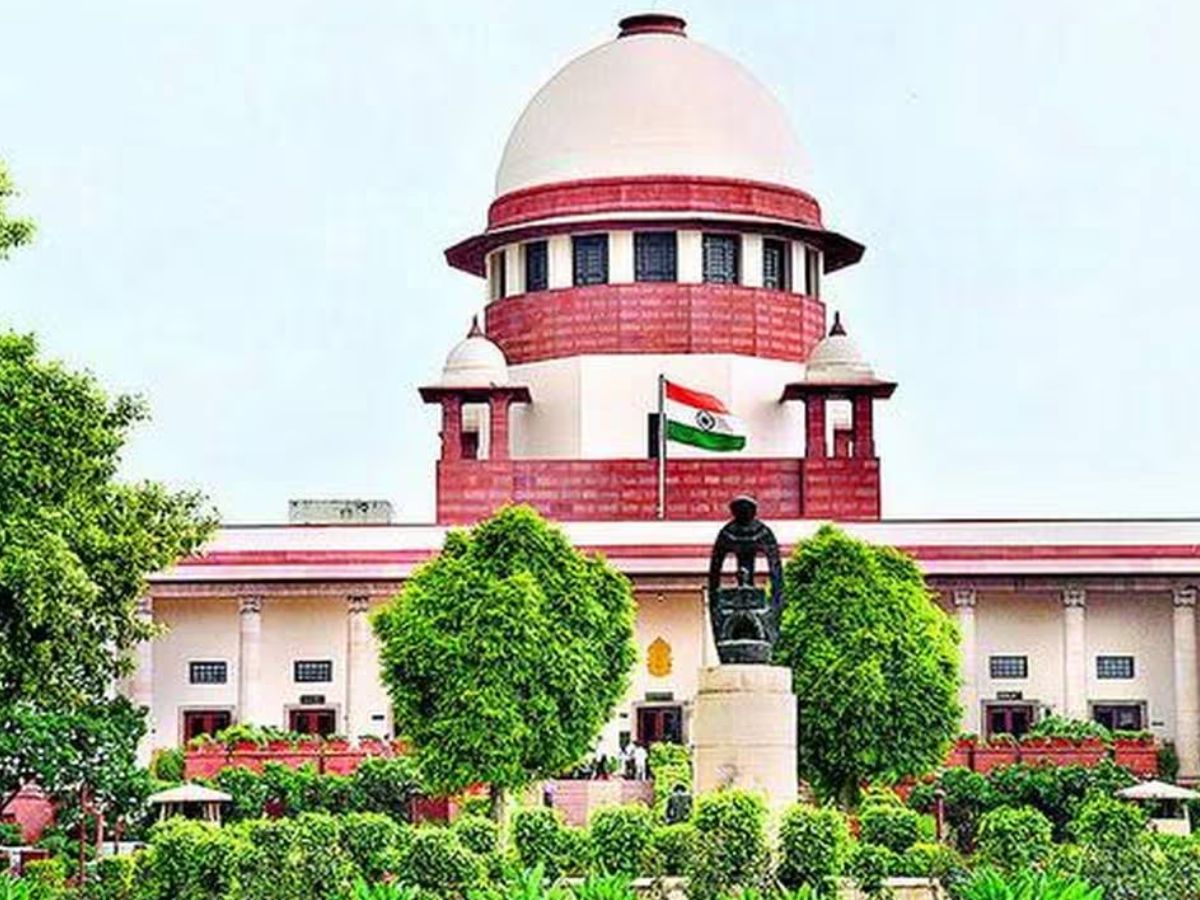The Ministry of Law and Justice recently convened a comprehensive conference titled ‘India’s Progressive Path in the Administration of Criminal Justice System’ at the Dr. Ambedkar International Centre, Janpath, New Delhi. Held on April 20, 2024, the event attracted a diverse audience, including esteemed judges from various High Courts, officials from the President and Vice President’s office, members of the ITAT, legal practitioners, scholars, representatives from law enforcement agencies, police authorities, public prosecutors, district judges, and law students.
 The conference coincided with the enactment of three significant criminal laws: the Bharatiya Nyaya Sanhita 2023, Bharatiya Nagarik Suraksha Sanhita 2023, and Bharatiya Sakshya Adhiniyam 2023, scheduled to take effect from July 1, 2024.
The conference coincided with the enactment of three significant criminal laws: the Bharatiya Nyaya Sanhita 2023, Bharatiya Nagarik Suraksha Sanhita 2023, and Bharatiya Sakshya Adhiniyam 2023, scheduled to take effect from July 1, 2024.
Dr. Justice D.Y. Chandrachud, the Chief Justice of India, graced the occasion as the Chief Guest. Other notable attendees included Shri Arjun Ram Meghwal, Minister of State (Independent Charge) for the Ministry of Law and Justice, Shri R. Venkataramani, the Attorney General for India, Shri Tushar Mehta, the Solicitor General of India, and Shri S. K. G. Rahate, Secretary of the Department of Justice in the Ministry of Law & Justice.
The conference began with Dr. Anju Rathi Rana, Additional Secretary of the Department of Legal Affairs, outlining the conference’s objectives and emphasizing the significance of the three newly enacted laws, marking a departure from colonial legal precedents.
In his opening remarks, Dr. Rajiv Mani, Secretary of the Department of Legal Affairs, elaborated on the historical context behind the enactment of the three laws, highlighting their role in modernizing and restructuring the criminal justice system, moving away from colonial influences towards a citizen-centric approach.
Chief Justice D.Y. Chandrachud, in his keynote address, praised the holistic approach of the Bharatiya Nagrik Suraksha Sanhita (BNSS) in addressing contemporary crimes, emphasizing the importance of timely trials and judgments to reduce backlogs. He also stressed the need to protect privacy in the digital age.
Acknowledging the significance of the new laws, Shri Arjun Ram Meghwal emphasized the necessity of adapting the criminal justice system to reflect Indian values and aspirations.
Throughout the conference, technical sessions delved into the specifics of each law, discussing their implications on law enforcement, judiciary procedures, and evidence admissibility. These sessions were chaired by esteemed judges and legal experts.
The valedictory session, attended by distinguished guests including Hon’ble Justice P. S. Narasimha, Hon’ble Justice Sanjay Karol, Hon’ble Mrs. Justice Rekha Palli, Shri Chetan Sharma, Ld. Additional Solicitor General, Delhi High Court, and Ms. Chhaya Sharma, Special Commissioner (Trg) of Delhi Police, emphasized the importance of institutional mechanisms and training initiatives for the successful implementation of the new laws.
Dr. Rajiv Mani, Secretary, Department of Legal Affairs, summarized the key points from the technical sessions, concluding the event with a vote of thanks by Dr. Anju Rathi Rana, Additional Secretary, Department of Legal Affairs.




